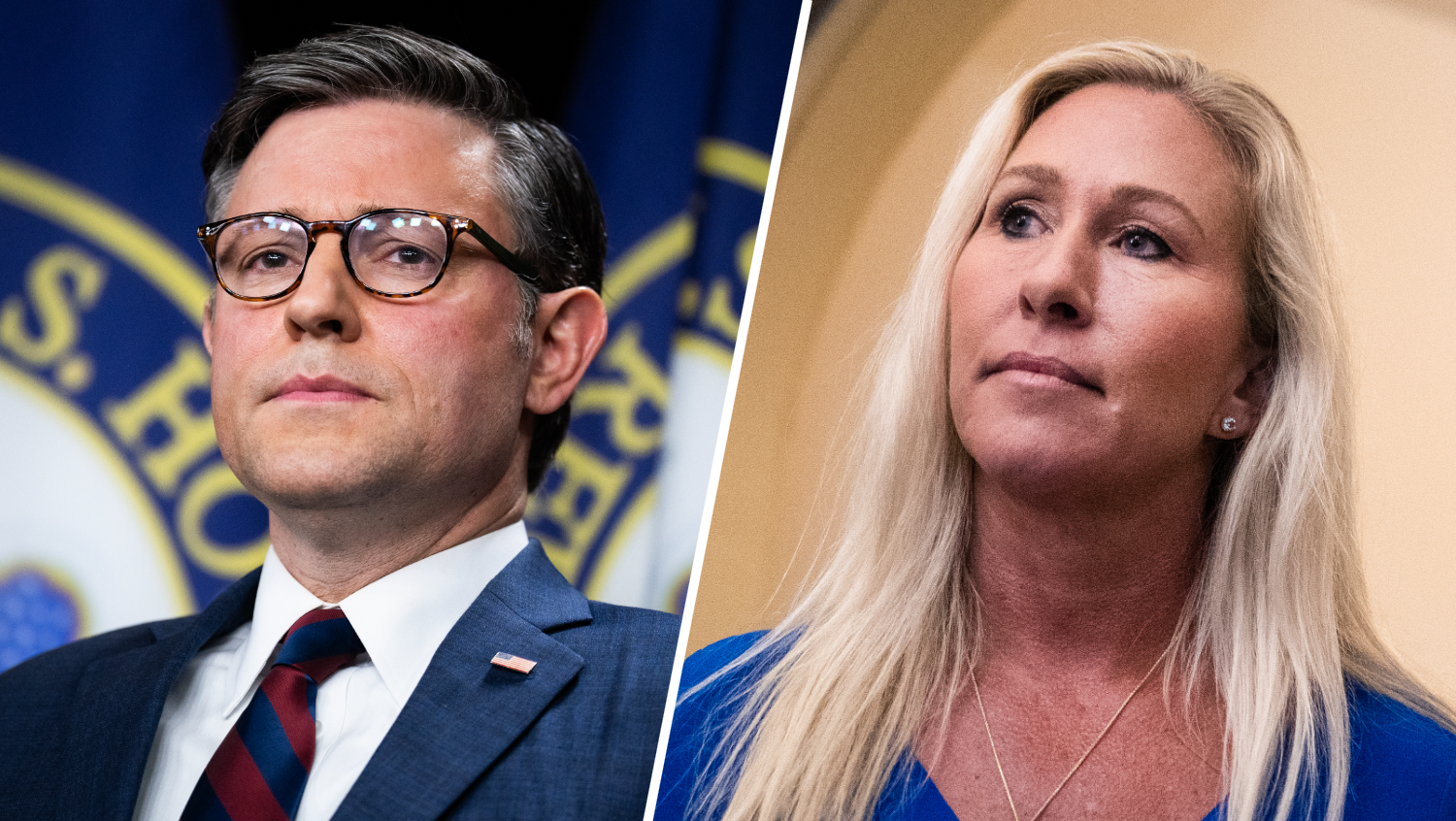The Supreme Court is forbidding President Donald Trump’s administration from adding a citizenship question to the 2020 census for now. The court says while Commerce Secretary Wilbur Ross has the authority to add the question, the government did not provide an adequate justification for doing so.
The court ruled 5-4 on Thursday, with Chief Justice John Roberts joining the four liberals in the relevant part of the outcome.
"We do not hold that the agency decision here was substantively invalid. But agencies must pursue their goals reasonably. Reasoned decisionmaking under the Administrative Procedure Act calls for an explanation for agency action. What was provided here was more of a distraction," Roberts wrote in the majority's opinion.
The case stems from Ross' decision in 2018 to add a citizenship question to the next census, over the advice of career officials at the Census Bureau, which is part of the Commerce Department. At the time, Ross said he was responding to a Justice Department request to ask about citizenship in order to improve enforcement of the federal Voting Rights Act (VRA).
The administration had argued it needed the data to improve enforcement of the Voting Rights Act. The court said it found "a significant mismatch" between the voting-rights justification offered by Ross "and the rationale he provided."
"The record shows that he began taking steps to reinstate the question a week into his tenure, but gives no hint that he was considering VRA enforcement. His director of policy attempted to elicit requests for citizenship data from the Department of Homeland Security and DOJ’s Office of Immigration Review before turning to the VRA rationale and DOJ’s Civil Rights Division," Roberts wrote.
The Justice Department had never previously sought a citizenship question in the 54-year history of the landmark voting rights law.
U.S. & World
The court sent the issue of adding the citizenship question back to administration officials. It’s unclear whether the administration would have time to provide a fuller account. Census forms are supposed to be printed beginning next week.
Trump responded to the ruling Thursday afternoon, tweeting that he has asked government attorneys if they could delay the census "no matter how long," calling the court's opinion "totally ridiculous."
"Seems totally ridiculous that our government, and indeed Country, cannot ask a basic question of Citizenship in a very expensive, detailed and important Census, in this case for 2020. I have asked the lawyers if they can delay the Census, no matter how long, until the United States Supreme Court is given additional information from which it can make a final and decisive decision on this very critical matter. Can anyone really believe that as a great Country, we are not able the ask whether or not someone is a Citizen. Only in America!" Trump tweeted from Japan, where he's attending the G-20 summit.
The question has been the subject of multiple legal challenges since it was announced in early 2018. States, cities and rights groups had sued in New York and elsewhere, arguing that the question would suppress the count of immigrants and strengthen congressional representation and funding for areas where mostly Republicans reside. States with large numbers of immigrants tend to vote Democratic.
Federal judges in California, Maryland and New York have found the administration violated federal law by acting in an "arbitrary and capricious" manner in attempting to add the question. Two of the three also found that the effort would violate the constitutional provision requiring a count of the entire population once a decade.
Lawyers for President Trump's administration say the commerce secretary has wide discretion to design the census questionnaire.
The Census Bureau proposed to ask each member of each household, "Is this person a citizen on the United States." It comes with five options for answering: born in the U.S.; born in Guam, Northern Marianas, Puerto Rico or the U.S. Virgin Islands; born abroad to a parent or parents who are U.S. citizens; born abroad and naturalized in the U.S., born abroad and not a citizen.
There's no option for non-citizens who may be resident aliens or visa holders to say whether they're in the U.S legally.
The Census Bureau's own experts say that Hispanics and other immigrants are likely to be undercounted if the census questionnaire asks everyone about their citizenship status, yielding a census with inaccurate numbers.
Democratic-led states and cities, and civil rights groups challenging the citizenship case, have argued that the question would take power away from cities and other places with large immigrant populations and reward less populated rural areas. They have more recently pointed to newly discovered evidence on the computer files of a now-dead Republican consultant that they say shows the citizenship question is part of a broader plan to increase Republican power.
Voting rights activists filed a separate lawsuit asking a federal judge to reopen the case so that the new evidence could be considered. Last week, U.S. District Judge George Hazel of Maryland ruled there's enough evidence that racial discrimination and partisan power plays could be the underlying motives in asking everyone in the country about citizenship status. An appeals court agreed and on Tuesday sent the case back to Hazel, who could issue an injunction blocking the citizenship question. If that were to happen, the order issued by the lower court would have to hold until the Supreme Court can take up the matter, according to Thomas Wolf, counsel for the Democracy Program at the Brennan Center for Justice and an expert on census matters.
The move prompted the Trump administration to file a last-minute plea to the Supreme Court on Tuesday, asking the justices to put an end to the pending lawsuits by ruling on both the question of whether Ross’ decision was lawful and the "immateriality of the Hofeller files in its disposition of the above-captioned case so that the lawfulness of the secretary’s decision can be fully and finally resolved,” Solicitor General Noel Francisco. The justices are not considering legal questions about whether the citizenship addition might be discriminatory.
Census results determine how seats in the House of Representatives are allocated among the 50 states and how billions of dollars in federal money is distributed. The population count also forms the basis for the redrawing of districts from Congress to local governments that takes place every 10 years.
The last time the question appeared on the once-a-decade census was in 1950, and even then it wasn't asked of everyone.



